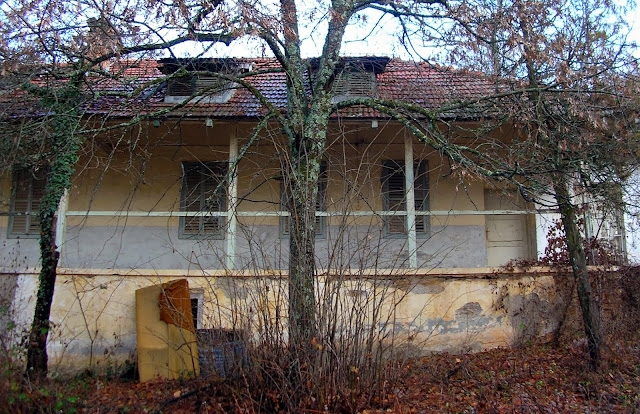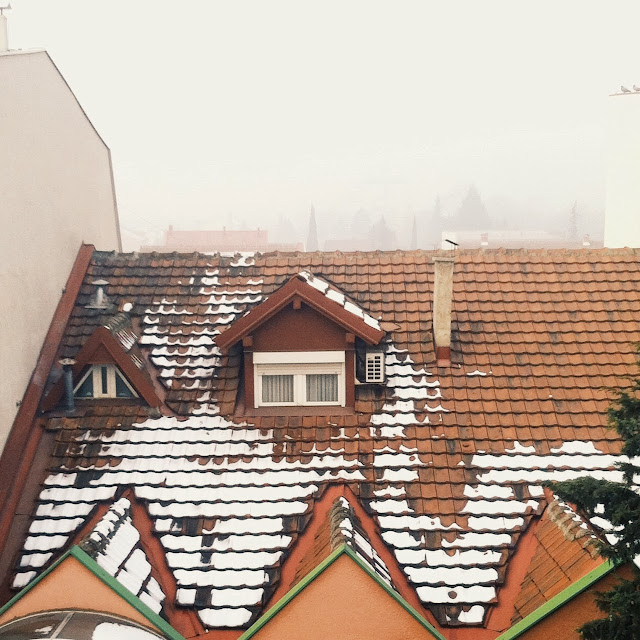The Russian essayist Fyodor Dostoevsky wrote, "To live without hope is to cease to live", and I wondered when exactly we humans lose hope. Is it when we see the debris and flames out the window, knowing it's just a matter of time before we pack our belongings and leave? Does it happen as we hug a loved one goodbye, knowing we must leave town while they must stay? Does it happen when we try to escape across the border for the third time and are turned away? How does hope find its way to the brokenhearted and misplaced?
I was roused from my musing as our van pulled into the cement parking lot in front of the camp. A handful of youth kicked a ragged soccer ball, backing away as we walked up to the building I was acutely aware of how out of place we seemed and wished I had dressed more plainly. Evan*, the leader of our group, asked for the camp director, and a few minutes later the robust, eager man walked up to us and shook hands with us. He talked with Evan for a few minutes in a language I couldn't understand, and then Evan turned to me, saying, “He's asking if you could play your violin now.” I looked down at my hands, cold and stiff, and stuck them in my pockets to warm them.
The director led us into the building, a weathered gray-brown cement complex. I tried to ignore the peeling paint, moldy corners, and merciless cold. As we passed the staircase, water dripped down the cement and pooled at our feet. “They're scrubbing the bathrooms upstairs,” the director said. I shuddered at the endless possibilities for sickness given the lack of health care, immunizations, proper nutrition, and immunity, especially during the cold winter months. We turned several corners into a large gathering room, bare except for several stacks of plastic chairs. While the rest of the volunteers arranged the chairs in rows, I tuned my violin and warmed my hands. I glanced out the window and watched the clouds break and sunlight gently hit the cold cement floor, dust particles dancing in the rays of light.
I cannot say for how long I played, but it must have been an hour at least. I didn't want to stop and lose the moment, the suspension of time. The union of cultures, the togetherness. With full hearts, my group left the refugee camp later that evening after distributing relief items. The clouds had broken and a handful of stars glimmered in the night sky. It seemed that I had touched infinity in the moments while I played for the refugees.
This isn't about heroism in humanitarian work or how great the West is. Perhaps I would never feed enough hungry people, or help them find their loved ones, or fix their documentation issues that prevent them from crossing the borders into new countries, new lives. While all these are vital parts to alleviating the crisis, there is a beauty in simplicity and sometimes even the smallest contributions have great impact. What the music did for their spirits is beyond my knowledge, but I dare not forget their glimmering eyes.


.JPG)
.JPG)
.JPG)
.JPG)
.JPG)
.JPG)
.JPG)












































.JPG)
.JPG)
.JPG)





